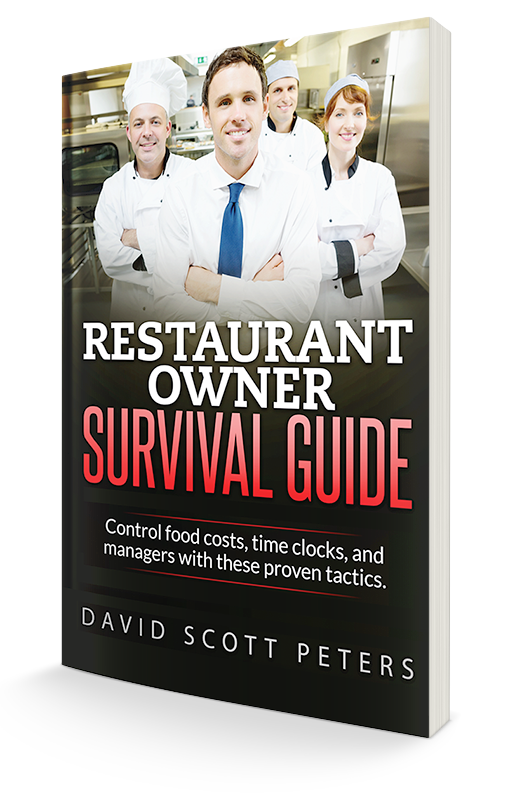How to Stop Wasting Money on Product You Don’t Need
Planning for success requires the implementation and consistent execution of a list of very specific systems, such as predicting restaurant sales. Maybe more importantly, you also need someone inspecting that the systems are followed on a daily basis.
Predicting restaurant sales is critical to your business. If you don’t document what you think you are going to do in sales for each day of the week, you run the risk of buying too much or not enough product. You run the risk of bringing in too many or too few employees. Each scenario results in lost opportunity and profits because you probably wasted products, 86’d items, lost money at the time clock or provided your guests a terrible experience at every turn, virtually destroying your business as they go off and tell everyone they know and on the Internet, through Twitter, Facebook, Yelp and more, how you suck!
There is a way to know what the right number is without relying on your gut feeling. It’s extremely common for restaurants to schedule like they always do even when their sales are lower than expected, or when they are coming out of a “high season.” The challenge is this practice can literally rob you of your profits faster than anything else in your business (well, maybe not as fast as running a Groupon). Changing this practice starts with making your best guess of what you think your Monday–Sunday gross sales are going to be for the whole restaurant by the 20th of the current month for the next month.
This enables you to adjust your schedules to take care of the needs of your guests and your business without losing money.
Add to this having a labor cost percentage target to shoot for (a labor budget), and you can simply multiply your forecasted sales times your labor cost percentage target to know how much money you can spend on labor next week. Subtract salaried management, and like magic, you know what you can spend on hourly employees to stay on budget and can adjust your schedule to match.
This allows you to go into the week on budget vs bringing people in and praying you’re busy enough to pay for them.





